Exploring Extreme Weather: Nature's Most Powerful Forces
Imagine standing on the edge of a cliff, watching in awe as dark clouds gather on the horizon, lightning crackles across the sky, and the wind howls with a ferocity that makes your hair stand on end. This is the essence of extreme weather – nature's most awe-inspiring, yet terrifying, display of power. This blog post will delve into the fascinating world of extreme weather, exploring its definition, key aspects, and relevance in our lives.
Defining Extreme Weather
Extreme weather refers to weather phenomena that deviate from the norm and pose a significant threat to life and property. These events can take many forms, from hurricanes and tornadoes to blizzards and heatwaves. What sets extreme weather apart is its intensity unpredictability and ability to cause widespread devastation in a short period.
Key Aspects of Extreme Weather
1. Meteorological Conditions:
Extreme weather events are often the result of specific meteorological conditions coming together in just the right way. For example, hurricanes form over warm ocean waters when atmospheric conditions are conducive to their development. Understanding these conditions is crucial for predicting and preparing for extreme weather events.
2. Impact on Society:
The impact of extreme weather on society cannot be overstated. From property damage and loss of life to disruptions in transportation and commerce, the consequences of these events can be far-reaching and long-lasting. Preparing for and mitigating extreme weather's effects is a constant challenge for communities in vulnerable areas, such as coastal regions prone to hurricanes or inland areas susceptible to tornadoes.
3. Climate Change:
Climate change is exacerbating the frequency and intensity of extreme weather events around the world. Rising temperatures lead to more frequent heatwaves, while warmer oceans fuel stronger hurricanes. As we continue to pump greenhouse gases into the atmosphere, the likelihood of encountering extreme weather will only increase, making it imperative that we take action to reduce our carbon footprint and adapt to a changing climate.
Relevance of Extreme Weather
In today's world, where climate change is a pressing concern and natural disasters seem to be occurring with increasing frequency, understanding and mitigating the effects of extreme weather has never been more important. Here are a few reasons why extreme weather matters:
1. Safety and Preparedness:
Being aware of the risks associated with extreme weather and knowing how to prepare for them can save lives. Whether it's having an emergency kit ready in case of a hurricane or knowing the signs of an approaching tornado, being prepared can mean the difference between life and death.
2. Economic Impact:
The economic cost of extreme weather events is staggering. In 2020 alone, the United States experienced 22 separate weather and climate disasters, each causing over a billion dollars in damage. From destroyed infrastructure to lost crops, the financial toll of extreme weather can cripple communities and strain government resources.
3. Environmental Consequences:
Extreme weather events can have profound effects on the environment, from altering ecosystems to exacerbating natural disasters like wildfires and floods. By understanding how extreme weather interacts with the environment, we can better protect and preserve our natural world for future generations.
Examples and Anecdotes
Hurricane Katrina: One of the most devastating hurricanes in U.S. history, Hurricane Katrina struck the Gulf Coast in 2005, causing over $125 billion in damage and claiming more than 1,800 lives. The storm's impact was compounded by inadequate infrastructure and emergency response, highlighting the importance of preparedness and resilience in the face of extreme weather.
The Dust Bowl: In the 1930s, a combination of drought, poor land management practices, and high winds led to the Dust Bowl, a period of severe dust storms that ravaged the Great Plains of the United States. The Dust Bowl forced thousands of families to abandon their farms and seek refuge elsewhere, underscoring the vulnerability of agricultural communities to extreme weather events.
Conclusion:
Exploring extreme weather is a journey into the heart of nature's most powerful forces – forces that shape our world in profound and sometimes unpredictable ways. From hurricanes and tornadoes to blizzards and heat waves, extreme weather events remind us of the fragility of our planet and the importance of resilience in the face of adversity. As we continue to grapple with the challenges of climate change, understanding and preparing for extreme weather will be essential for building a safer, more sustainable future for generations to come. So, let's dive deeper into the world of extreme weather, armed with knowledge and a sense of wonder, and discover what lies beyond the stormy horizon.


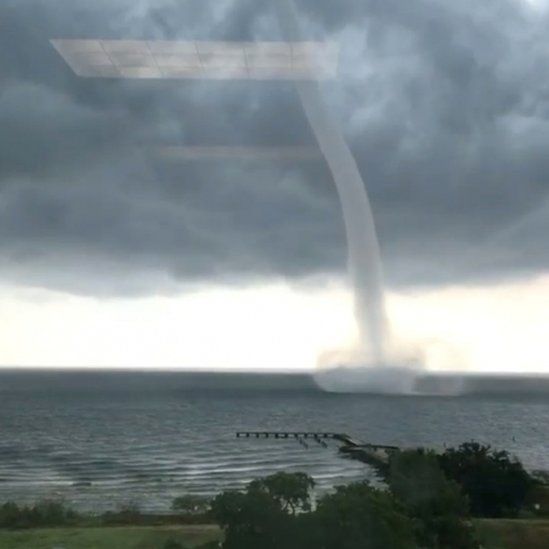
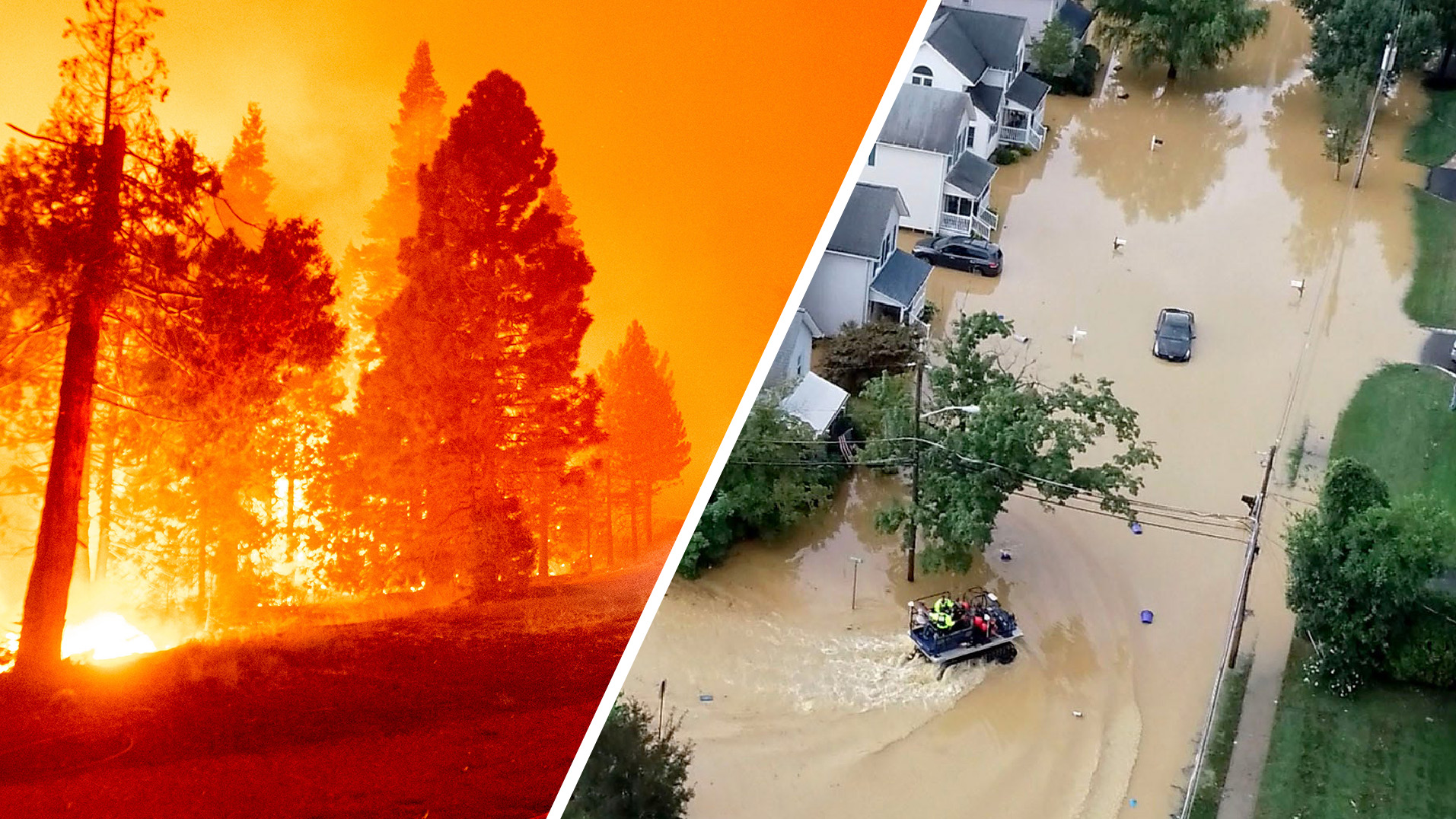
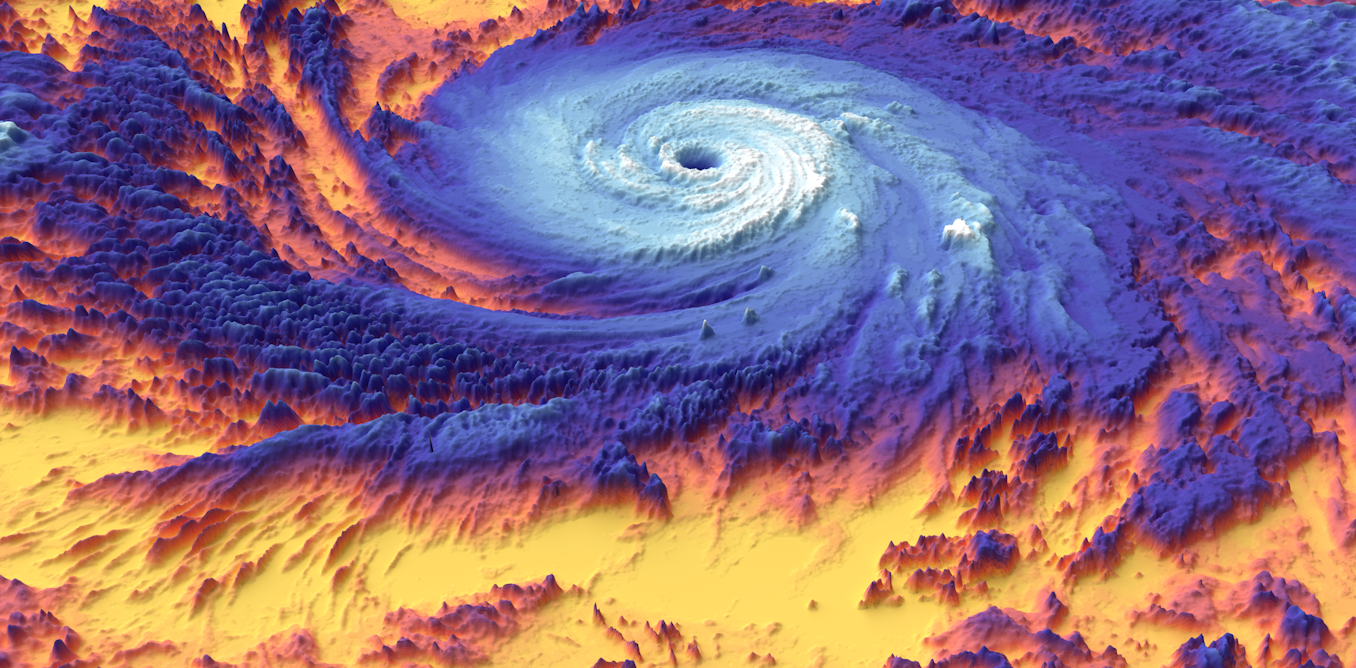
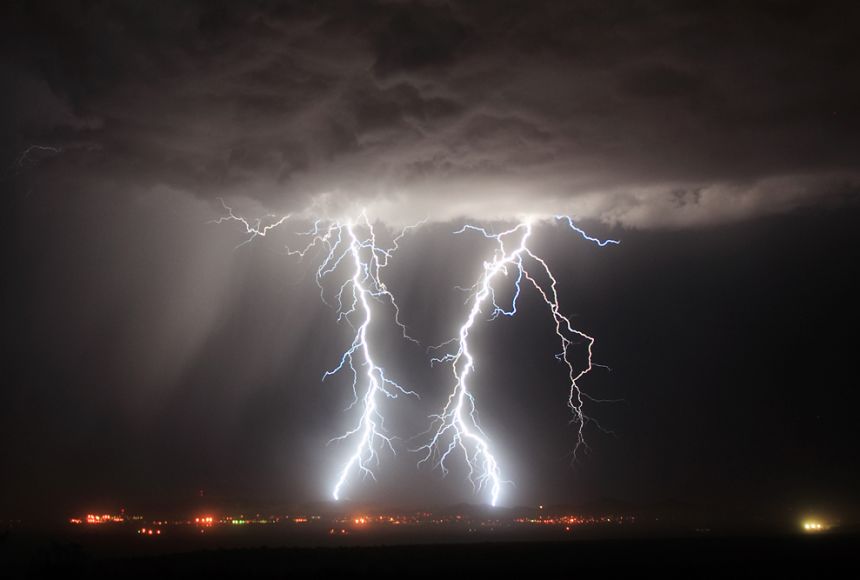
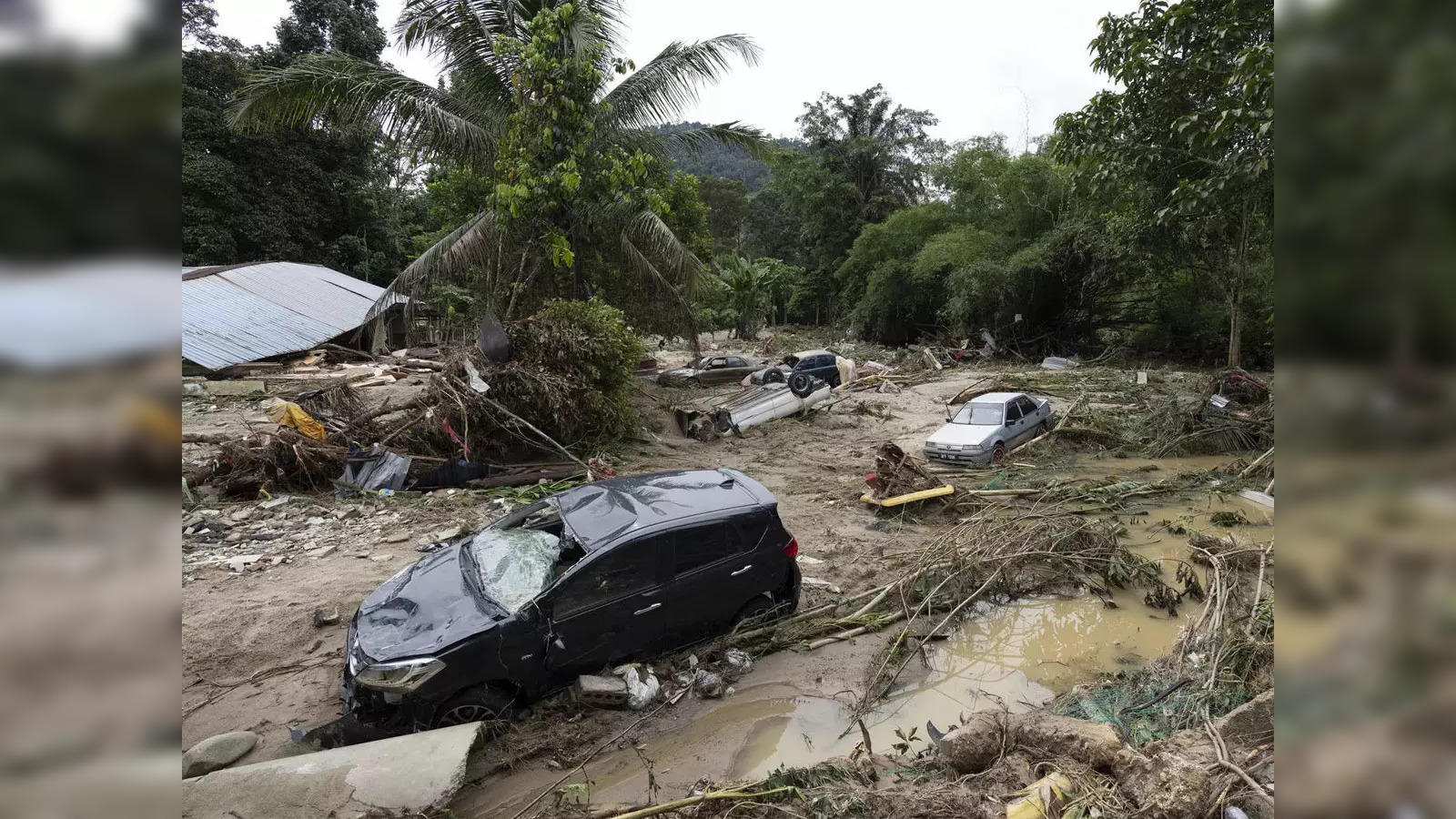
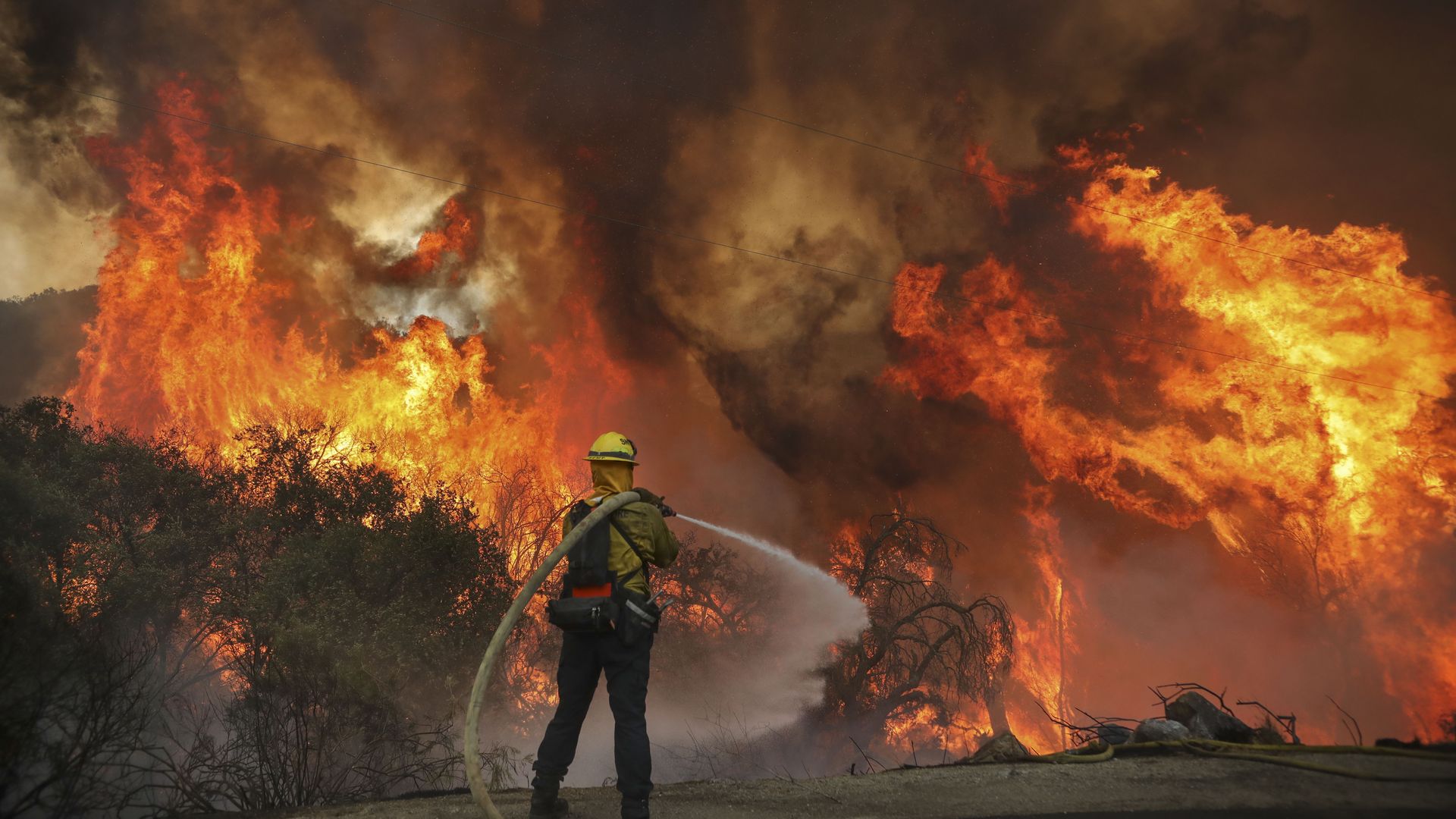

Comments
Post a Comment